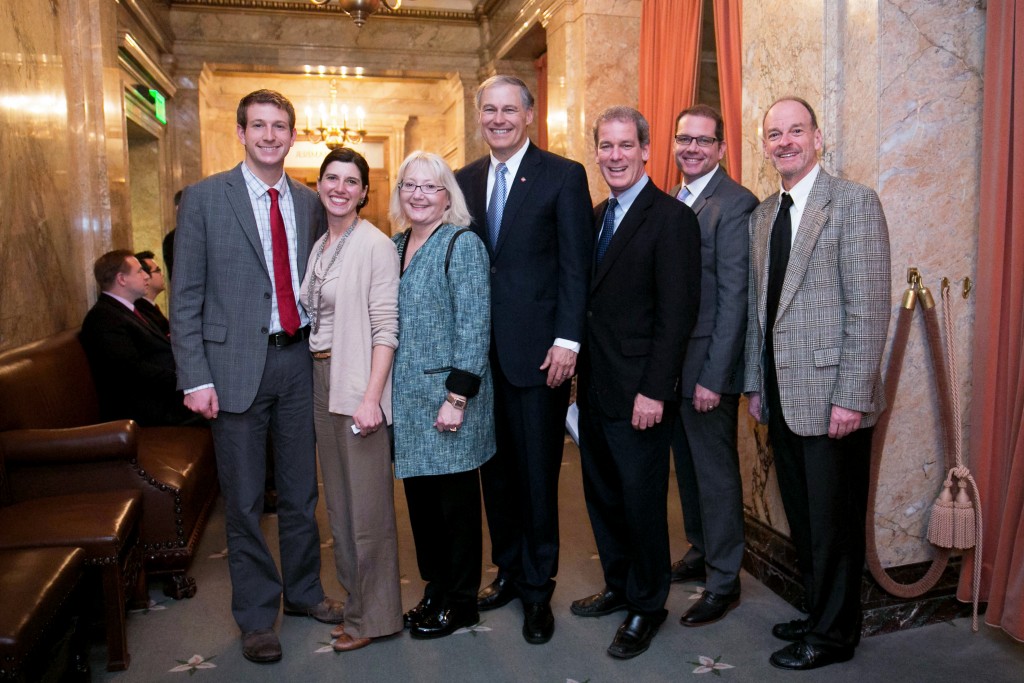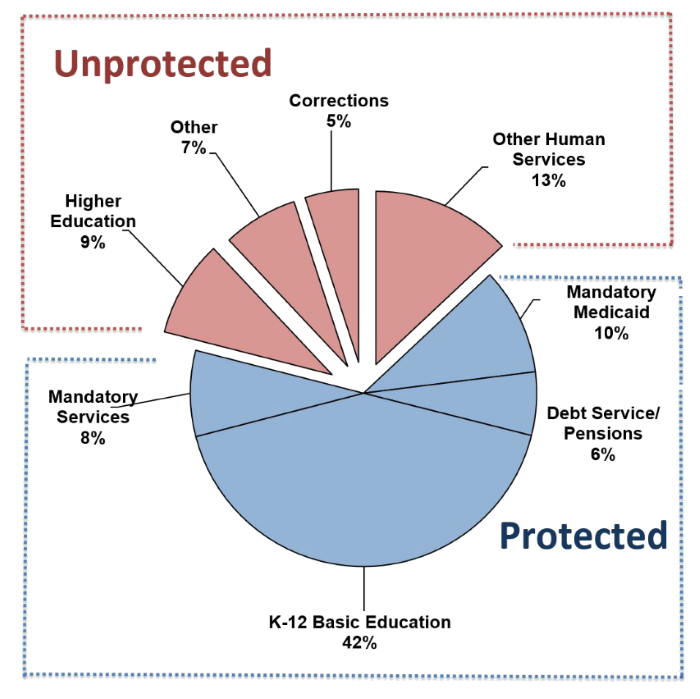Another oil train derailment
Yesterday, the West Virginia governor declared a state of emergency after a massive oil train explosion. Our communities cannot be subjected to this kind of risk. Thankfully no one was killed, but this incident was just the most recent in a string of oil train derailments across North America. Just last summer, a train derailed under the Magnolia Bridge in Seattle, though there was no fire nor spill.
There are simply not enough safeguards in place to protect our waterfront communities like Edmonds or Mukilteo in case of a spill, or worse yet, an explosion. That’s why I am a proud co-sponsor of Rep. Jessyn Farrell’s legislation to pull the brakes on the reckless and opaque transportation of oil by rail through Washington. House Bill 1449 would require railroad companies who want to transport oil in our state show proof of insurance that they will assume the financial responsibility of any derailments and spills. It would also require railroad companies to let first responders know when these potentially dangerous shipments come through our towns. By taking smart precautions now, we can prevent substantial harm to our communities.
Paint stewardship and carbon accountability
As your state representative and vice shair of the House Environment Committee, I am dedicated to finding common sense ways to protect our state and the health of our communities. In my last newsletter, I wrote about my legislation to protect our state’s honey bees. That bill, House Bill 1654, has moved out of its committee favorably and will advance for further discussion in the House.
I have also sponsored House Bill 1571, which establishes a Paint Stewardship Program to responsibly handle the collection of leftover paints. Having a few cans in your garage with some paint still in them isn’t just a nuisance — it’s harmful to our environment if not properly handled. The program, made up of paint producers, would be responsible for the disposal of leftover paint. This bill moved out of the House Environment Committee last week and will now be considered by the House Appropriations Committee.
I’m sure many of you have heard of Governor Inslee’s proposed carbon accountability program — HB 1314 in the House. I am proud to say I’ve signed on as a cosponsor. Our state is on the precipice of dealing with the tangible and costly effects of climate change. This bill is a valuable part of addressing the problem.
HB 1314 would place a cap on total statewide emissions and establish a program for entities to purchase permits for carbon emission under the cap. The money raised from these permits can be invested into our state, including updating our transportation infrastructure. For me, this bill is a common sense approach to curbing our emissions while funding the infrastructure our state depends on by making the biggest polluters pay instead of expecting us to pay the price for their pollution.
Our budget problem
The House and Senate approved a strong bipartisan supplemental operating budget that’s on its way to the Governor for his signature. This bill makes small but important adjustments to our current budget. We’re addressing critical needs in mental health and foster services. We’re also paying for the extraordinary costs we incurred with the Eastern Washington wildfires and the Oso landslide. The Legislature will make additional changes to the current budget before the session is over, but the much bigger challenge will be writing the next two-year operating budget.
My colleague and House Appropriations committee chair Rep. Ross Hunter has a good summary of our budget problem here.
The bottom line: in order to balance our budget, we’re likely looking at some budget cuts and some new revenue. Cuts alone will not solve the problem. We’ve cut over $12 billion in services since the recession and the state is paying the price for those cuts. And as you can see in the chart below, about two-thirds of our state budget is protected from cuts, which narrows our options to other major services like higher education, corrections, and human services.
I’ll be working with the budget writers over the next few months to ensure we pass a responsible operating budget that invests in education, strengthens our communities, and protects the safety net.


